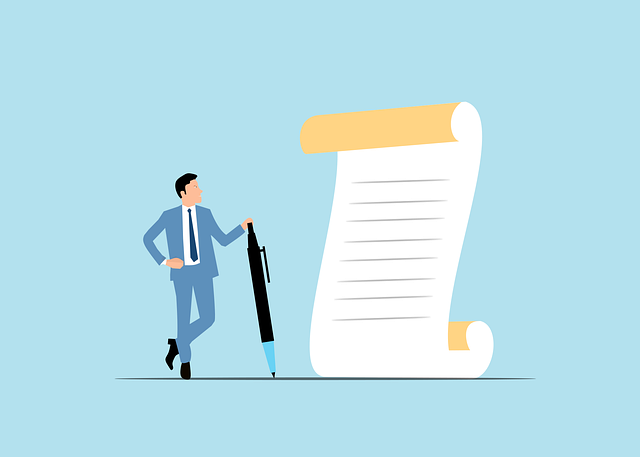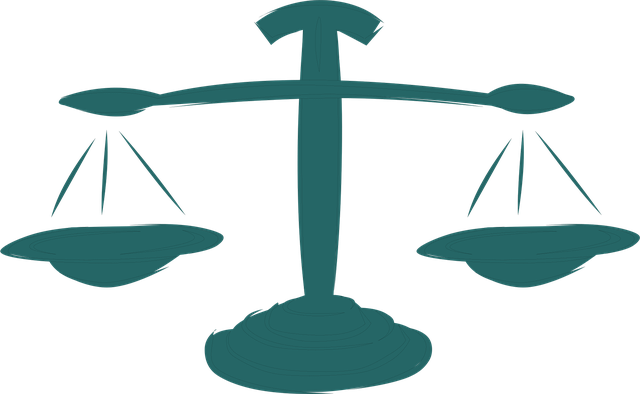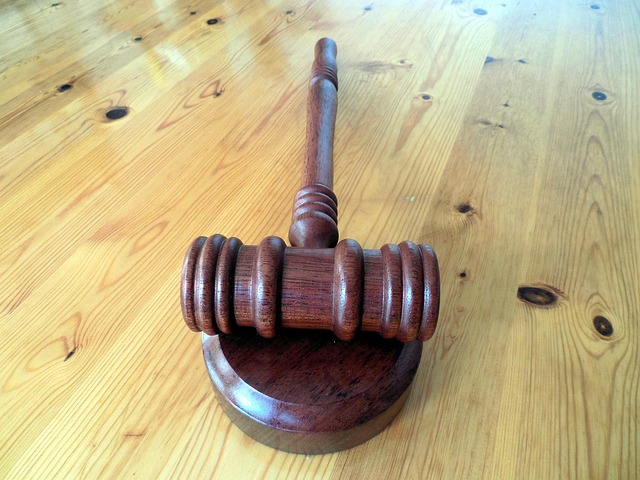Workers injured on the job often face substantial medical bills. Understanding their rights for medical bill compensation is crucial, involving legal processes and protections under labor laws. Employees are entitled to reimbursement or coverage for reasonable, work-related medical expenses like hospital stays, surgeries, therapy, and medications. Proper documentation of all medical expenses is key for supporting claims against employers or insurance providers. In complex cases, seeking legal representation can simplify navigation and ensure victims receive fair compensation.
Medical Bill Compensation for Workplace Injury Victims
Workplace injuries can lead to substantial medical bills, leaving victims with financial burdens. Understanding medical bill compensation is crucial for ensuring fair reimbursement. This article guides you through the process, helping you navigate your rights and entitlements. We explore who qualifies for compensation, step-by-step claims procedures, and strategies to secure the financial support you deserve. By understanding these aspects, you can effectively manage your medical expenses and focus on recovery.
- Understanding Medical Bill Compensation for Workplace Injuries
- Who is Entitled to Receive Compensation?
- Navigating the Process of Claiming and Receiving Reimbursement
Understanding Medical Bill Compensation for Workplace Injuries

When a worker sustains an injury on the job, they often face significant financial burdens due to medical expenses. Understanding medical bill compensation is crucial for victims of workplace injuries, ensuring they receive adequate support during their recovery. This process involves navigating complex legal procedures and understanding the rights afforded to them under labor laws.
In many cases, employees are entitled to reimbursement or coverage for reasonable and necessary medical costs associated with treating work-related injuries. This includes hospital stays, surgeries, physical therapy, and prescription medications. The amount of compensation can vary depending on the severity of the injury; serious injuries may result in higher reimbursement rates. It’s essential to document all medical expenses and keep records as proof of treatment for any potential claims against employers or insurance providers, even if contract disputes arise.
Who is Entitled to Receive Compensation?

In the context of workplace injuries, individuals who suffer harm while on the job are often entitled to receive medical bill compensation. This includes employees who incur medical expenses due to accidents or illnesses related to their work environment. The primary focus is on ensuring that victims have access to financial support for necessary healthcare treatments without facing substantial burdens.
Eligibility for medical bill compensation typically extends to workers across various sectors, from blue-collar laborers to white-collar professionals. However, it’s crucial to understand that the process may vary based on local laws and regulations. In many cases, legal representation can play a significant role in navigating these complexities, ensuring victims receive fair compensation without being burdened by partnership disagreements or medical malpractice issues.
Navigating the Process of Claiming and Receiving Reimbursement

Navigating the process of claiming and receiving reimbursement for medical bill compensation after a workplace injury can be daunting. The first step is to gather all relevant documents, including medical bills, diagnosis reports, and any evidence related to the incident that led to your injury. It’s crucial to promptly notify your employer about the accident and follow their protocol for reporting workplace injuries, as this sets the foundation for a smooth claims process.
Once you’ve gathered the necessary paperwork, the next step involves assessing your case and determining if medical negligence played a role in your injury. If you believe that substandard care or mistakes on the part of healthcare providers contributed to your condition, it’s advisable to consult with legal representation specializing in personal injury and real estate litigation. They can guide you through the complexities of filing a claim, ensuring you receive the full extent of the medical bill compensation you’re entitled to.
Workplace injuries can lead to significant medical bills, but understanding your rights and the process of claiming medical bill compensation is crucial. This article has explored how individuals who suffer workplace-related injuries may be entitled to receive reimbursement for their associated medical expenses. By navigating the outlined steps, from recognizing eligibility to submitting a claim, victims can ensure they access the medical bill compensation they deserve, fostering a fair and supportive environment for those recovering from work-related injuries.






